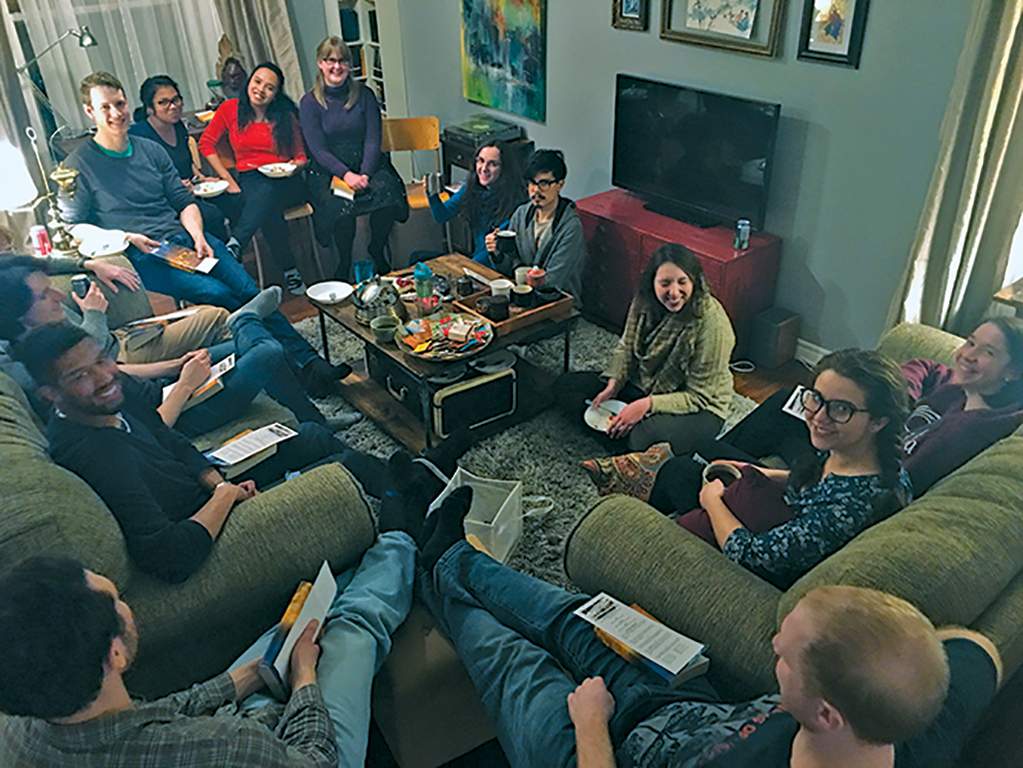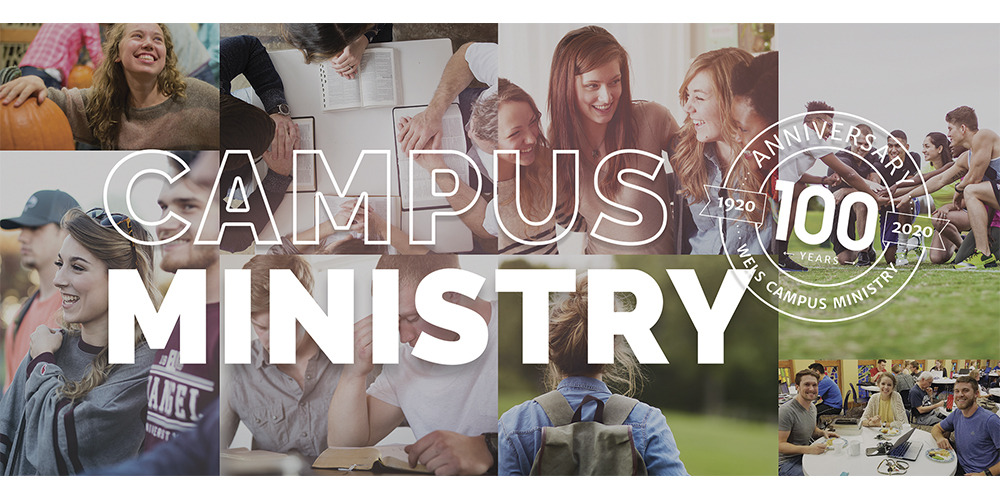 |
How are you doing in the midst of this epidemic? I’m not talking about the COVID-19 epidemic, but another one which has been around much longer. It doesn’t claim as many lives, disrupt the economy, or put us in panic-mode, like the coronavirus. But it’s there. It’s what many psychologists, such as Lisa Firestone, call the “loneliness epidemic.” And it’s startingly real. Firestone writes,
In the United States, loneliness is currently at epidemic levels. A recent Cigna study of 20,000 U.S. adults found that nearly half of Americans feel like they are alone. Only slightly more than 50 percent of respondents said they had meaningful in-person social interactions on a daily basis. A smaller but still surprising number of people (20 percent) said they never or rarely feel close to people, and 18 percent felt like they have no one to talk to.1
As a Christian living in a predominantly Christian country, this ought to seem odd to you. It’s the opposite of the type of community Christians create, or at least Christ created. Jesus just didn’t preach and teach. He socialized. A lot. In fact, it often got him into hot water: “The Son of Man came eating and drinking, and you say, ‘Here is a glutton and a drunkard, a friend of tax collectors and sinners’ ” (Luke 7:34). And remember when Jesus meets Zacchaeus, a social outcast with no friends? Jesus invites himself over to Zacchaeus’ house for dinner! The gospel creates communities. It’s one of its major fruits. Reuniting with your spiritual Father leads to reuniting with your spiritual brothers and sisters. And families socialize, celebrate, party together.

I serve at Illuminé, a campus ministry in Canada. We do a lot of preaching and teaching. But we also do a lot of socializing. At the heart of our ministry is a weekly event we call our “Illuminé social,” designed specifically to take on this loneliness epidemic. We get together for a family-style dinner, we have a study, and then we socialize. We start at 5 p.m. We sometimes don’t end until midnight.
Nick Reepschlager, Illuminé’s student coordinator, puts it this way: “[The socials] give a home/family feel. This really helps newcomers (like I was) feel like they are a part of this big group of friends or family.”
He shares other opportunities Illuminé provides to socialize: “Film nights, book clubs, and guest speakers have always drawn in people looking for intellectual or philosophical debate and are also a very non-intimidating way to introduce friends to ideas that might make them think. Parties, game nights, and community service projects encourage friends to look into our club.”
Since the COVID-19 lockdowns and physical distancing measures, we at Illuminé haven’t been able to meet in quite the same ways. But through apps like Zoom and Google Hangouts, we’ve still kept our socials, film nights, and book clubs going. But there’s no question we’re itching to be around a dinner table again soon.
Until then, maybe you can join us in finding more ways of tackling loneliness in our churches and communities and sharing the gospel through social events, so that we might say of our own friends and families what Jesus said of Zacchaeus’ home: “Today salvation has come to this house” (Luke 19:9).
See more about the topic of loneliness in a presentation Thompson made at the WELS National Conference on Lutheran Leadership. Watch his and other conference presentations at lutheranleadership.com.
1psychalive.org/how-to-fight-the-loneliness-epidemic/
Author: Luke Thompson
Volume 107, Number 6
Issue: June 2020
- Campus cornerstone: Fighting the loneliness epidemic
- Campus cornerstone: The rock
- Campus cornerstone: 4 ways to keep your faith strong
- Going home
- Lavished love for loneliness
- Accepted
- Reaching the goal
- A parent’s worries and advice
- A fresh start






